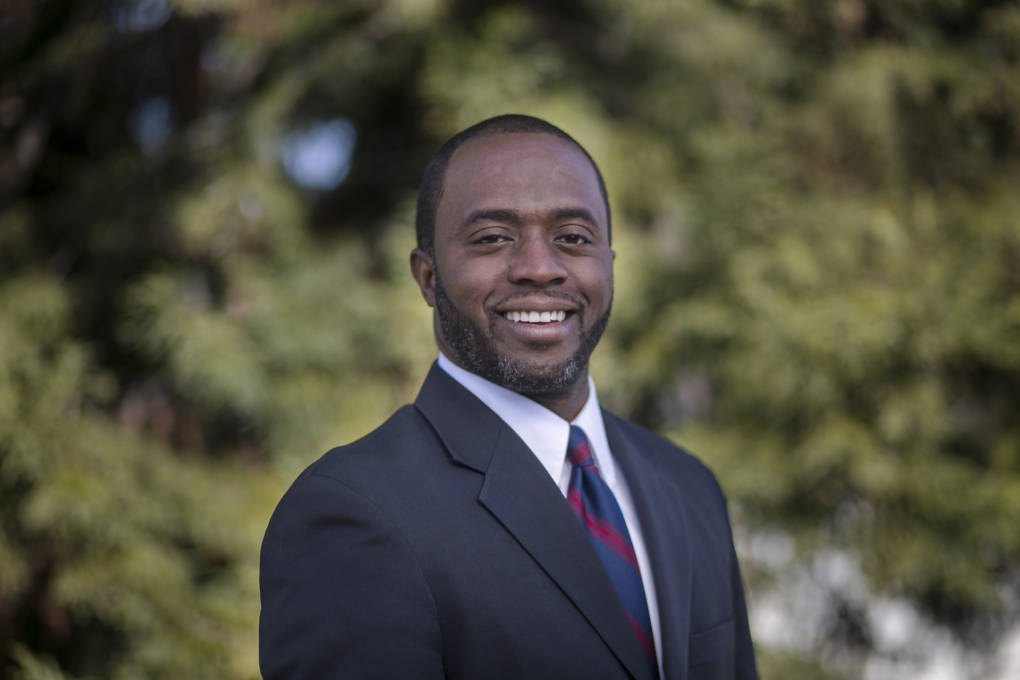The Public Policy Institute of California on March 29 hosted a virtual conversation with State Superintendent of Public Instruction Tony Thurmond on what lessons have emerged in K-12 education in the two years since the pandemic began.
As California and the nation embrace a new, less restrictive era of the public health crisis, PPIC Vice President and Senior Fellow Lande Ajose chatted with Thurmond about difficulties and successes educators and stakeholders have faced in recent times as well as how the state can address major concerns facing the field moving forward.
Of the many challenges facing schools now — including recruiting and retaining staff and navigating learning recovery — addressing the social-emotional needs of students is a top priority, Thurmond, a father of two teenage daughters, said.
“Out of all the top issues I’d say that we must be focused on how our students heal from the trauma of the pandemic,” Thurmond said. “The world has experienced trauma and we know that our students can recover academically and socially, but we have to make sure that we can combat the high levels of depression that we’ve seen in young people during the pandemic and we’re working on a number of strategies to make that our number one focus.”
Senate Bill 1229, sponsored by Thurmond and introduced by Sen. Mike McGuire (D-North Coast), is one way the state aims to do this. SB 1229 “would require the [Department of Health Care Access and Information] to establish a grant program, in collaboration with the Superintendent of Public Instruction, to increase the number of mental health professionals serving children and youth,” according to the bill.
Having more mental health professionals available to students is a need that predates the pandemic, Thurmond noted. Trauma informed supports are necessary to help young people cope with a variety of hardships they’ve faced, including disruptions caused by historic fires.
Proud of the innovation and resilience school communities and families have shown, other goals of the California Department of Education include improving literacy; building toward universal preschool; and growing, diversifying and better compensating the education work.
Local educational agencies are currently weighing strategies to support learning recovery, including offering expanded learning opportunities and exploring extending their academic year or school day.
“I think expanding the school year or the school day, these are all part of the resources and tools that are available to school districts to offset learning loss and gaps. School districts get to make decisions about their calendars and so now they have the resources if they choose to have a longer school year or day,” Thurmond commented. “They may opt to have more programs during the summer to help offset learning slide. This is something that has been done for years.”
Mitigation strategies will continue to be in place in schools to keep them open to in-person learning as long as needed, Thurmond said. The California Department of Public Health will guide CDE on the topic.
A recording of the webinar is available to view here.




